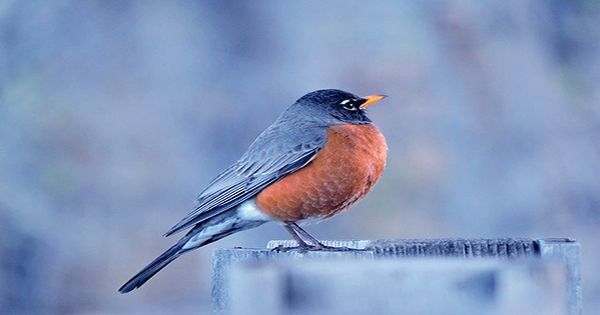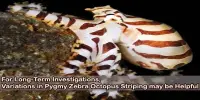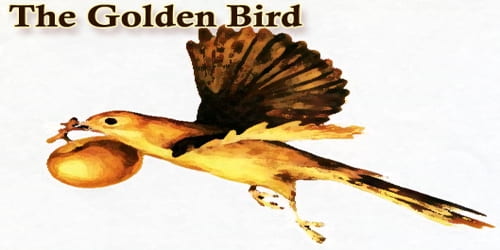I will never forget the fragrant smell of my first major Crush Cindy. Sometimes, I catch a glimpse of her Hawaiian Ginger Body Mist perfume and I moved to the time and straight dark club 15 years ago. Calgon, take me.
Many of us have experienced the power of a nostalgic scent entangled in our memories. Of course, our sense of smell is not just a reminder of our long-lost love. The smell can alert us to the tempting presence of inferior food, or it can alert us to dangerous toxins in our environment. We can smell even if our companions are sick.
Our body odor is affected by many factors. The food we eat, our stress levels, if we are healthy or sick, the bacteria and fungi that live naturally in our body, and even our genetic makeup can all affect the effect of our smell.
Avian body scent: But what has this got to do with birds? Much like the phrase “blind as a bat” (bats can look pretty good, thank you), there’s an endless myth that birds can’t smell. In the 1820s, artist and ornithologist John James Audubon erroneously claimed that vultures use their eyes rather than smell to find food. Audubon’s decisions were flawed, but the myth continues.
Researchers have shown that birds use odors to perform all sorts of tasks, such as finding food, avoiding predators, protecting their nests, separating relatives from relatives, and identifying their parents. Our feathered friends have a special preen gland at the base of their tail. When birds rub the gland with their scalp, it releases prawn oil, which they swallow themselves. Light oil is waterproof and helps protect feathers from damage, but it is also a major source of bird body odor.
Does bird body odor have any purpose? I wanted to know how the birds smelled so they were attracted to each other, as Cindy smelled. Gently pressing the preen gland I collected preen oil called sparrow (Melospiza melodia Melodia), a common bird song in North America, capturing them and giving them a choice between men and women in preen oil. Men spend more time with preen oil than females and women spend more time with preen oil than men, which means that birds like the smell of the opposite sex. This is probably because the sparrows were looking for mates to start a family.
Smell the difference: Birds, like humans, are more likely to have healthy families if their mates are not genetically related. But how do we assess whether a potential partner is a good genetic match? Believe it or not, researchers in the 1990s persuaded a group of women to determine their preferences for the smell of men’s dirty shirts. This “sweat T-shirt test” shows that women with B.O. From men who are genetically different from themselves.
Recently, researchers have shown that there is a link between bird odor and bird genes, suggesting that genetically different birds smell differently than genetically similar birds. I wanted to know that even birds like humans don’t like the smell of genetically different partners, so I designed my own sweaty t-shirt test. I gave a choice of prune oil to the female song sparrow from males like me who are less hereditary than me. Like human studies, female birds also like the smell of genetically different males.
What’s more, I’ve tested male birds the same way and got the same results: males genetically differentiate females from smelling. Both birds and humans like the smell of genetically distinct partners. It helps ensure that our lineage is able to fight against healthy and harmful pathogens.
















